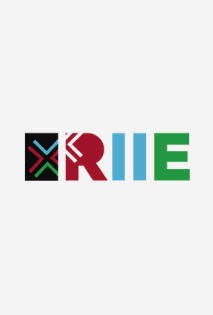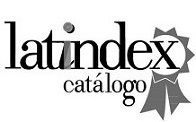Professional Knowledge of the psychologist. A case study
DOI:
https://doi.org/10.30972/riie.9124243Keywords:
University teachers, good practices, teachingAbstract
The Professional Teaching Knowledge (CPD) is a complex process that requires reflexive processes to face the teaching and learning problems faced by the Psychologists and Graduates in Psychology of the Bachelor of Psychology of a university in northeastern Argentina. Numerous studies conclude that the teaching of psychology in this area generally assumes the traditional modality based on the didactic model of transmission. With the objective of promoting processes of change and innovation in pedagogical and institutional practices, the CPD is investigated, focusing on one of the tasks of the university teacher: teaching. To do this, we interview a sample of beginner and experienced teachers - from one of the venues of the career - classified as cases of "good teaching practices", by their students, in a survey. The interviewees denote personal and professional traits such as “knowing the subject and knowing how to teach it” that we synthesize in the following indicators: student achievements, their satisfaction with the teaching provided and passion for teaching.Downloads
Download data is not yet available.
Downloads
Published
2018-06-10
How to Cite
Rodríguez, A. M., & Ortiz, M. C. (2018). Professional Knowledge of the psychologist. A case study. Revista Del Instituto De Investigaciones En Educación, 9(12), 79–98. https://doi.org/10.30972/riie.9124243
Issue
Section
Artículos basados en investigación empírica
License
Aquellos autores/as que tengan publicaciones con esta revista, aceptan los términos siguientes:
- Los autores/as conservarán sus derechos de autor y garantizarán a la revista el derecho de primera publicación de su obra, el cuál estará simultáneamente sujeto a la Licencia de reconocimiento de Creative Commons que permite a terceros compartir la obra siempre que se indique su autor y su primera publicación esta revista.
- Los autores/as podrán adoptar otros acuerdos de licencia no exclusiva de distribución de la versión de la obra publicada (p. ej.: depositarla en un archivo telemático institucional o publicarla en un volumen monográfico) siempre que se indique la publicación inicial en esta revista.
- Se permite y recomienda a los autores/as difundir su obra a través de Internet (p. ej.: en archivos telemáticos institucionales o en su página web) antes y durante el proceso de envío, lo cual puede producir intercambios interesantes y aumentar las citas de la obra publicada. (Véase El efecto del acceso abierto).






.jpg)




